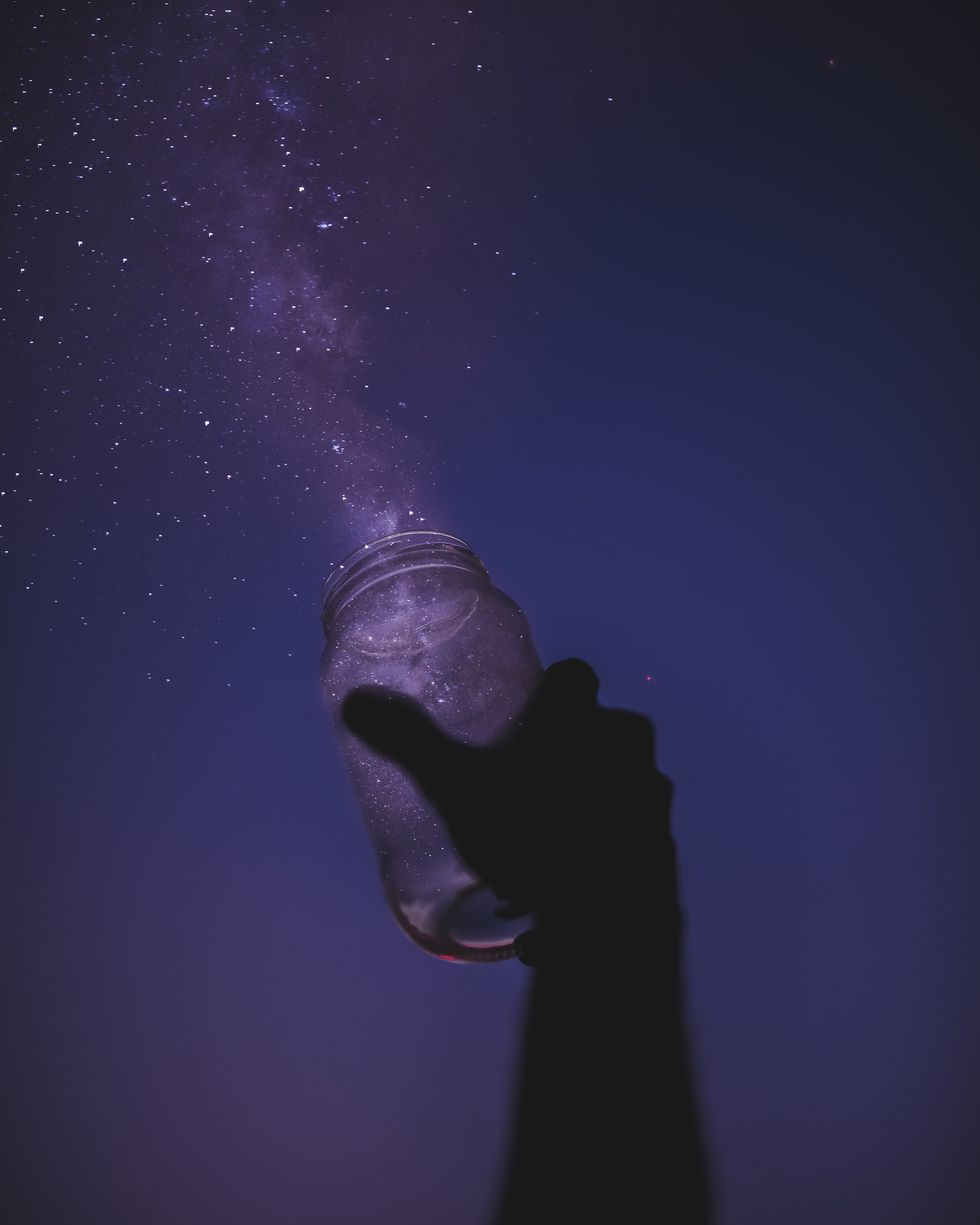This is a response to Harnessing the Power of Words to Empower Your Mind.
It's a crazy thought to ponder that we spend on average 26 years sleeping. The average lifespan for a human being is 79 years. When you put that into numbers that's one third of our life spent sleeping. Not only that, but we spend seven years trying to get to sleep. All together that's 33 years dedicated to sleep . We all get that sleep is important and can boost our mental and physical well being, but what is actually happening when we get that much needed shut eye?
Back in the early civilizations of humanity, people thought dreams signified relations between the earthly world and Gods. Romans and Greeks were persuaded that dreams had prophetic powers. But dream interpretation didn't come to true light until Sigmund Freud and Carl Jung proposed their modern theories in the 19th century. Freud argued that repressed longing was the center for why we dreamed. The idea that our dreams allowed us to solve unresolved trauma and secret desires was a theory many people believed. Carl Jung, who studied under Freud, believed the same but had different theories for their meaning. Evolutionary psychologists highlighted the importance of dreams as a way to simulate potential threats that could be practiced in a dream to then be executed in real life. This is called the "threat simulation theory". This was an evolutionary defense mechanism that helped our older ancestors play out life threatening events and know how to react to a real life threat.
Over the years, there have been multiple studies and theories created to try and make sense of the involuntary phenomena within our minds. According to ScientificAmerican.com, "new research published in the Journal of Neuroscience provides compelling insights into the mechanisms that underlie dreaming and the strong relationship our dreams have with our memories." Findings suggested that neurophysiological mechanisms that we use while dreaming (and remembering dreams) are the same as when we construct and retrieve memories when awake. Dreams can be summarized as a way for us to process our emotional story and create memory of it. Dreams last anywhere from 5 to 20 minutes and can happen up to 6 times per night. Despite the multiple occurrences of dreams, they are forgotten up to 95 percent by the time we wake up.
Dream types can vary greatly. Falling, being chased, or in danger signify interpersonal conflicts. Dreams involving being nude, failing a test, late arrivals, losing teeth, and not being dressed properly are associated with a social concern and being accepted.
Whether you remember your dreams or not, it's a unique side effect of our brain processes at play. They create a great story, spark a core memory, or cause you to think of someone you haven't thought of in a long time. They can be scary and intense, light and funny, or emotionally charged. They have the power to take on a mind of their own. They are dreams.

















